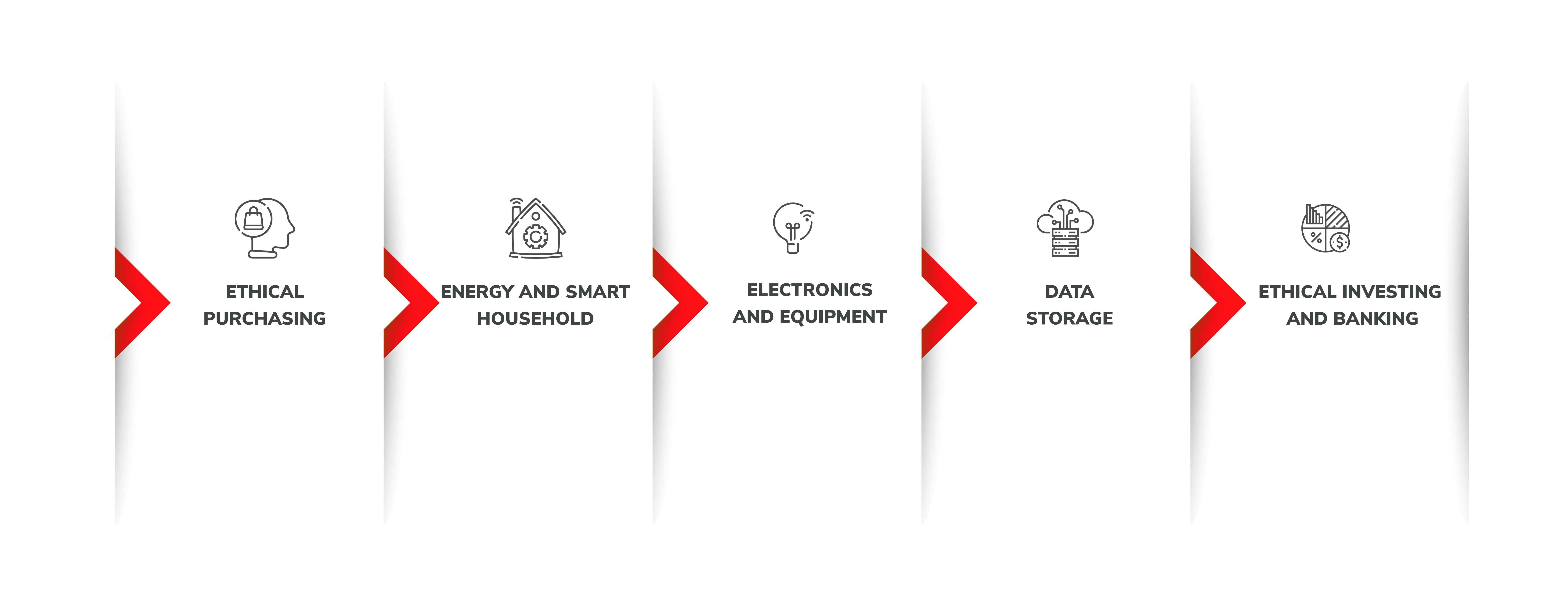How to maximise your CSR efforts with remote work
Riding the efficiency wave eco-style with remote work
We´re sitting here, nearly out of the COVID woods, and giving ourselves a tap on the shoulder. We swiftly switched our business operating models when the pandemic hit and in most scenarios we succeeded. Using logic, most businesses tried to save what they could by going remote aka Working From Home (WFH). Okay, you may say - Oh this one again? We´ve heard it all before and are doing it. But are you just doing it, or doing it right?
Introducing sustainable Eco Remote Work
In the beginning, it was chaos. All working from home overnight back in March 2020 came with its share of challenges. In time, they got ironed out and in several months started to improve a little. So you´ve saved on paper, energy bills and emissions from commuting to work (reducing the carbon footprint of all employees up to 46% annually when working full time remotely). But what else? Where does the employer's responsibility lie and how can we all take it up a notch?
In the best scenario, a true eco leader is smart and combines the sustainability of remote work with the cost savings made. And that's what we call - striking a balance.
Taking it a step further… the eco way
What does it mean in reality? Which areas of remote work are predestined to be eco friendly and which ones are more hard work?

Ethical purchasing
Consciously making all decisions with a sustainable mindset. Start prepping some of your lunches at home (meaning switching from plastic wrappers to zero waste), buying organic, seasonal and most importantly local food. Worldwide, cattle and meat production currently produces between 14.5% and 18% of total greenhouse gas emissions, making it wise to start incorporating 1 meat-free day a week. The same applies to sourcing eco stationery and furniture for our setups.
Energy and smart household
Energy is the biggest culprit and opportunity at the same time. Most SME owners were quite happy to shift all employees to remote working teams, thus saving a substantial revenue on energy bills. On the other hand, this energy consumption has increased significantly in households. Acknowledging this and rewarding your employees from time to time can therefore go a long way. On the individual level, a lot can be done to improve our odds against the kW machines. Perhaps switching to a greener tariff where possible, doing chores at night time, or fitting your location with smart eco thermostats, LED lights and sensors is the right move. These eco incentives are not only green and sustainable but come with an added benefit- cutting your costs up to 26% annually.
Electronics and equipment
Admitting that consumerism in Europe is currently reaching its peak is the first step to get off this merry-go-round. Hand on heart, how many of us have at least 2 laptops, 2 phones and 2 screens (1 for home and 1 for work)? This surplus of electronics creates a real headache for society. In particular, the WEEE (Waste Electric and Electronic Equipment) waste is a real problem, as it is more difficult and expensive to process. How can SME leaders help? If there is a discussion of using less office space and continuing the remote work philosophy, there´s going to be an excess of office furniture and office items. Businesses could look at ways to share out the surplus to help their remote working teams.
Data storage
This one is a bit neglected. We´re all delighted to be using cloud space, shooting up thousands of files in the ´sky´without thinking of the potential risks. What happens with this massive amount of data that we collect daily? Yes, we save on external harddisks and USBs, but data storage centres are cracking up. By the way, did you know that the amount of energy used and emissions are rivalling the aviation industry in pre-Covid times? And that every Google Search you make has an emission footprint between 0.2 grams and 7 grams? Encouraging your employees to make the necessary small changes such as don't hitting ´Reply to all ´on emails can be the first step in your CSR plan.
Ethical investing and banking
Beyond the most obvious sources of environmentally unfriendly activities comes the wider net. Ethical investing and banking is worth considering when you have all your ducks in a row. Thinking not only about your business and the eco-impact you can make, but making smart informed decisions about your suppliers. Spreading the eco activity further for long-term lasting effect. As well, you may consider offering loans towards solar panels or better insulation for your remote work teams.
What's next?
Eco remote work is starting to become more and more palpable as every month passes by. Be CSR responsible, start with smaller changes, become a cultural leader and reap the benefits with your remote work teams. We promise it's worth it.
Contact us directly at info@labzone.tech
